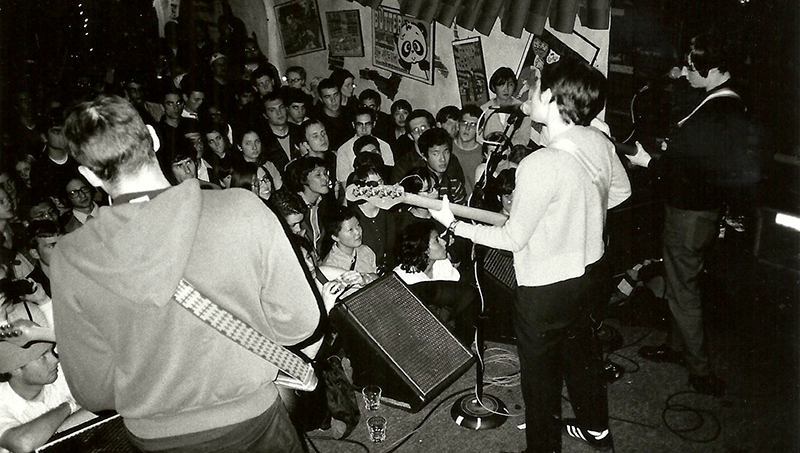With big money coming in and small bands moving out, the popular viewpoint in San Francisco is that nightclubs currently face a precarious future. But on Forum this morning, a panel of key players in the music scene discussed the current obstacles that nightclubs face, from rising rents and zoning issues to the ever-present danger of neighbor complaints, and found that maybe the situation isn’t as dire as it seems.
SF Weekly music editor Emma Silvers began the conversation by pointing out that the current discussion may be a bit overblown: though the Elbo Room in the Mission District is threatened with conversion into condos, the two other venues most cited as canaries in the club coalmine—Yoshi’s SF and Cafe du Nord—have already or will soon reopen as the Addition and the Swedish American Hall, respectively. Additionally, the Addition is booked by Peter Williams, a veteran of the original Yoshi’s SF, and the Swedish American Hall will be booked by long-running esteemed promoters Noise Pop.
Silvers made other key points, including the flowering of venues in Oakland, the under-the-radar venues that have always comprised the city’s musical soul, and the need for BART to run past midnight (who could argue?).
Jocelyn Kane, Executive Director of the Entertainment Commission of San Francisco, spoke about zoning issues surrounding nightclubs and the city’s efforts to protect nightclubs from threats, particularly from “complainy-pants” neighbors who move in and immediately deluge the city with noise complaints from a club that’s thrived in the neighborhood for decades. Of particular interest is Supervisor London Breed’s new initiative, recently introduced, to shield nightclubs from such complaints.
Bottom of the Hill co-owner Lynn Schwarz clarified that her club was not closing, but does express concern that planned nearby developments could bring problems—not just with complaining neighbors, but with eliminating the club’s longtime allure of copious parking.


